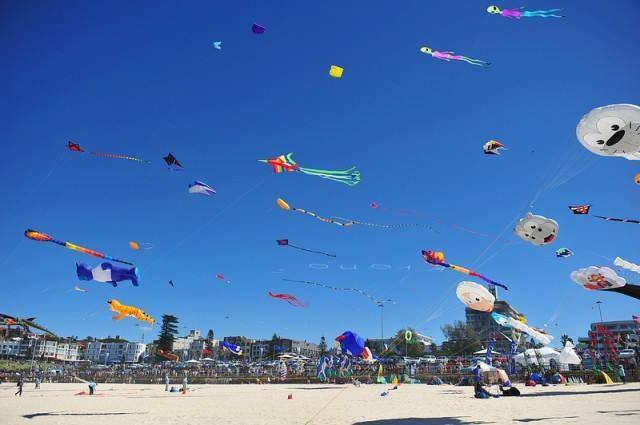Contenus
ToggleIn short
Clean Monday Greek : Καθαρή Δευτέρα), also known as Pure Monday, or in Cyprus only Green Monday, is the first day of the Orthodox Christian Great Lent. It is a movable feast which takes place at the beginning of the 7th week before Easter. The common term for this day, "Clean Monday", refers to the abandonment of sinful attitudes and non-fasting foods.

Pure Monday and Great Lent
Liturgically, Pure Monday – and therefore Great Lent itself – begins the night before (Sunday), during a special service called Vespers of Forgiveness, which culminates with the Ceremony of Mutual Forgiveness, during which all present will bow down to each other and ask for forgiveness. Thus, the faithful begin Great Lent with a pure conscience, with forgiveness and with renewed Christian love. The entire first week of Great Lent is often called "Clean Week", and it is customary to go to confession during this week and clean the house thoroughly (or have it cleaned before the start of the fast).
The Clean Monday theme is set by the Old Testament reading designated to be read at the sixth hour on this day (Isaiah 1:1-20), which says in part:
Wash yourselves and you will be clean; Remove the evil ways of your souls before My eyes. stop doing evil; learn to do well. Seek judgment, relieve the oppressed, consider the fatherless, and plead for the widow. Come therefore, and let us reason together, saith the Lord: Though your sins be as scarlet, yet I will make them white as snow; and though they be red as purple, I will make them white as wool.
Clean Monday is a public holiday in Greece and in Cyprus, where it is celebrated with outdoor excursions, eating shellfish and other fasting foods, a special type of matzo (unleavened) bread, baked only on this day, called "lagana" ( Greek: λαγάνα) and the widespread custom of flying kites. The consumption of meat, eggs and dairy products is traditionally prohibited for Christians throughout Lent, with fish only eaten on high feast days, but shellfish are permitted.
This created the tradition of eating dishes made from seafood (shellfish, molluscs, fish eggs, etc.). Traditionally, it is considered to mark the beginning of the spring season, as evidenced by the sticheron of the Lenten Triodion, "The Lenten spring has come...".
The joyful, spring-like atmosphere of Clean Monday may seem at odds with the spirit of repentance and self-control of Lent, but this apparent contradiction is a marked aspect of the Orthodox approach to fasting, in keeping with the lesson of Gospel (Matthew 6:14-21) read the morning before, which warns:
When you fast, do not, like the hypocrites, have a sad face, for they disfigure their faces, so that they appear to men to be fasting. Truly I tell you, they have their reward. But you, when you fast, anoint your head and wash your face, that you may not appear to men to fast, but to your Father who is in secret.
In this way, the Orthodox celebrate the fact that “the spring of fasting has dawned, the flower of repentance has begun to open…”
Social networks
Today is Pure Monday, it is the first day of Great Lent in the Churches of the East, Orthodox and Catholic Churches of the Byzantine rite. The most practicing of the faithful abstain from meat, eggs and dairy from this day until Easter night. #mythology #myth #legend #calendar #Great Lent #orthodoxy
Picture
